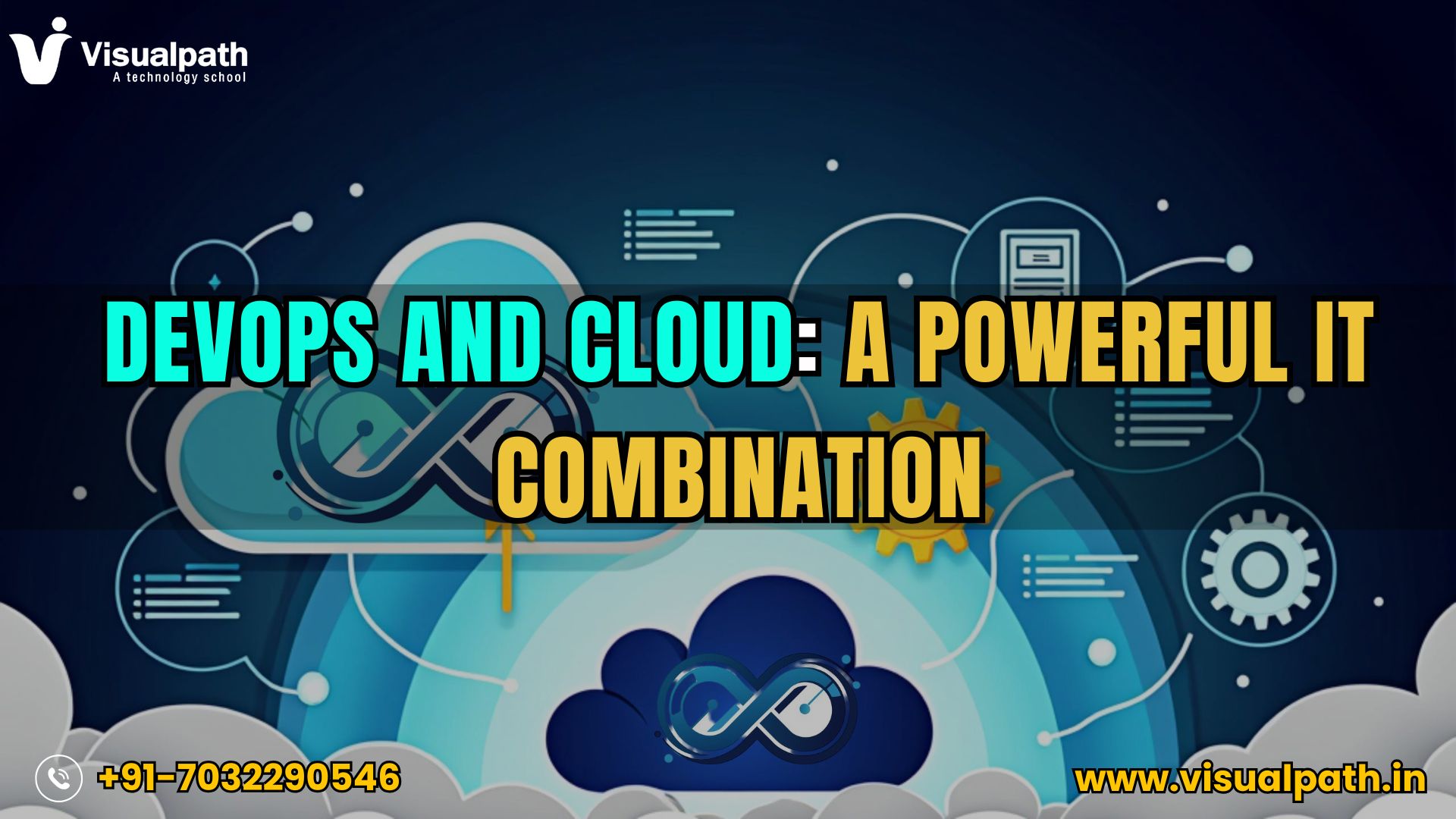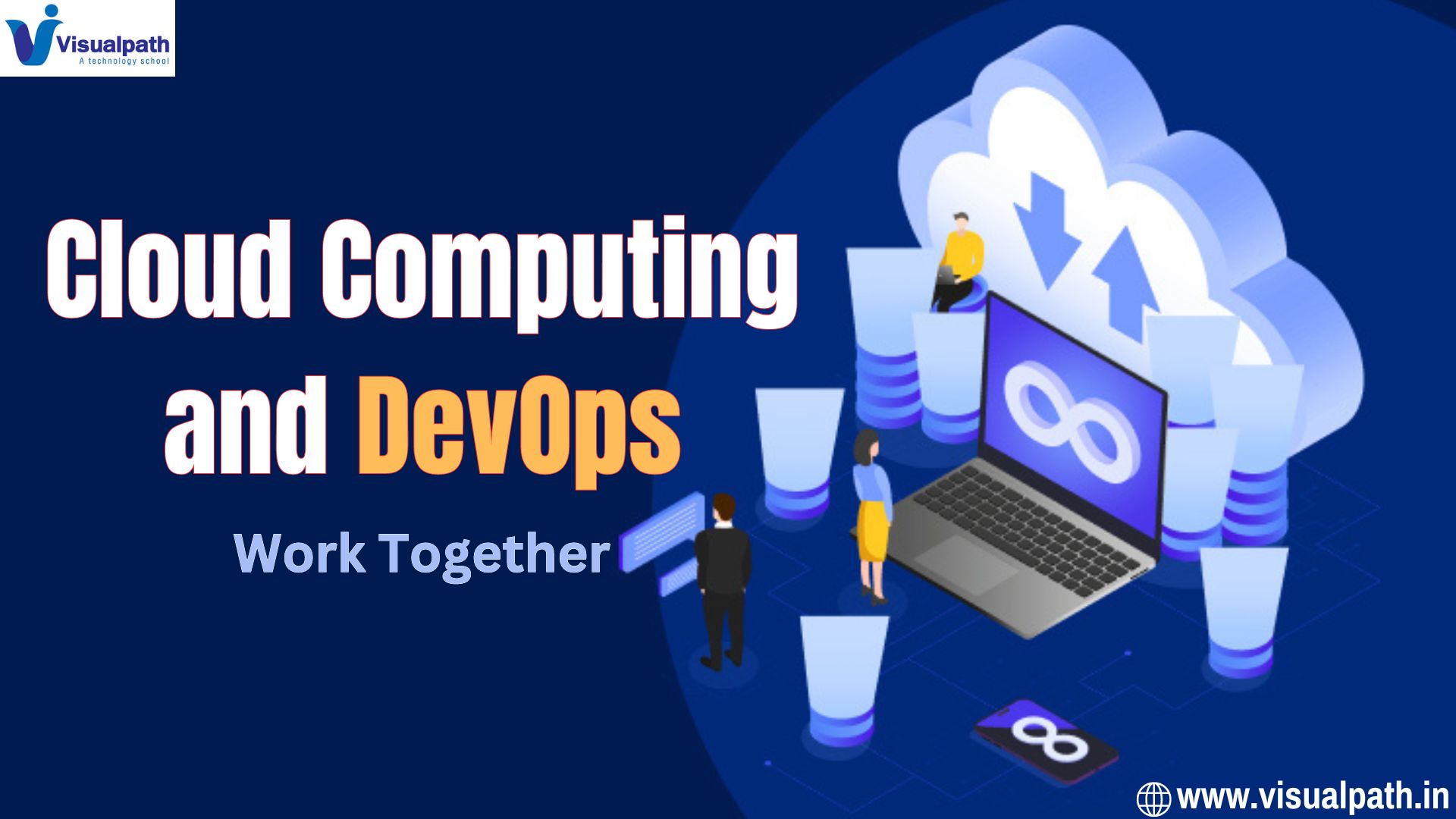DevOps and Cloud are revolutionizing the IT industry by enabling faster deployments, improved collaboration, and scalable infrastructure. When integrated effectively, they create a powerful ecosystem that streamlines development and operations for any organization. As businesses aim for agility and continuous innovation, many professionals are enrolling in DevOps Training to gain the skills needed to navigate this modern landscape.
How DevOps and Cloud Work Together
DevOps is a set of practices that bridges the gap between development and IT operations. It focuses on continuous integration, continuous delivery (CI/CD), automation, and feedback loops. Cloud computing, on the other hand, provides on-demand resources and infrastructure scalability, which are essential for deploying applications quickly and reliably.
Platforms like AWS, Azure, and GoogleCloud offer native tools for automation, monitoring, and CI/CD, which align perfectly with DevOps practices. For example, using AWS CodePipeline or Azure DevOps allows teams to automate software releases from code commit to production deployment.
This powerful combination reduces manual overhead and enables faster recovery from failures, ultimately enhancing user satisfaction.
Benefits of Combining DevOps with Cloud
- Faster Time-to-Market: Cloud infrastructure allows on-demand resource provisioning, while DevOps automation accelerates the deployment cycle. Together, they minimize downtime and increase productivity.
- Improved Collaboration: Cloud tools promote centralized version control and team collaboration, key components in DevOps culture.
- Scalability and Flexibility: Cloud-native environments can scale resources up or down based on load, which supports DevOps’ goal of continuous delivery and deployment.
- Cost Efficiency: Cloud resources can be optimized based on usage. Combined with DevOps practices like automated testing and monitoring, organizations save costs on infrastructure and bug fixes.
- Enhanced Security: With tools like Infrastructure as Code (IaC) and automated compliance checks, DevOps and Cloud help maintain strong security postures throughout the deployment pipeline.
These benefits are the reason why many IT professionals are turning to DevOps Online Training. Learning how to leverage both technologies prepares them to handle real-world projects with confidence and skill.
Real-World Use Cases
Tech giants and startups alike are reaping the rewards of DevOps and Cloud integration. Netflix, for instance, uses cloud infrastructure combined with DevOps automation to deliver high-quality video content across the globe. Similarly, Capital One has transitioned to enhance its mobile banking applications, resulting in faster feature updates and improved customer experience.
Choosing the Right Learning Path
If you’re considering entering the DevOps field, it’s essential to choose a structured and up-to-date DevOps Online Course. These courses typically cover containerization (Docker, Kubernetes), CI/CD pipelines, cloud platforms (AWS, Azure, GCP), and tools like Jenkins, Ansible, and Terraform. With hands-on labs and real-time project experience, learners build a strong foundation that is aligned with industry requirements.
Conclusion
The integration of DevOps and Cloud is more than just a trend—it’s a transformative approach to building, testing, and deploying software faster and smarter. This combination empowers businesses to stay competitive in a digital-first world. As organizations continue to adopt cloud-native strategies, mastering DevOps becomes an indispensable skill. Whether you’re a developer, system admin, or IT professional, gaining expertise in this area can open doors to exciting career opportunities and innovation.
Trending Courses: MLOps, GCP DevOps, and Azure DevOps




